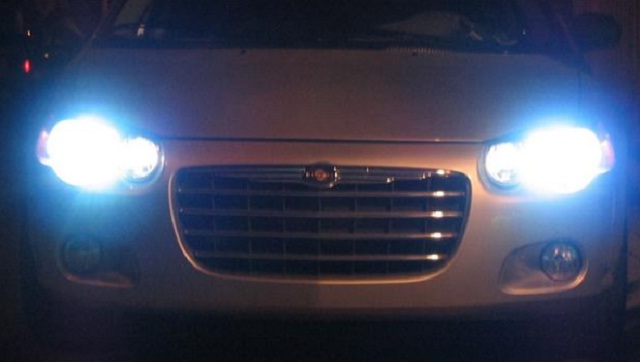
Your vehicle could be among 80% with poor low-beam headlights
Kampala, Uganda | MOTORING GURU | For years now, motor vehicle safety has concentrated mainly on in-cab passenger safety, body strength, transmission and breaking systems, head and seat restraints. Vehicles are now fitted with safety cameras, on board driver assist computers, and early warning technologies.
However, it is only recently that attention is moving in the direction of headlines. Part of the reason is that, globally, about 50% of fatal accidents happen at night, usually on poorly lit roads. Good headlights, it is assumed, might have prevented some of these crashes. Many vehicles simply have bad lights.
This this area has not received a lot of attention because this assumption has not been made as long as the driver had some light beaming on the road from in front of the car. But how good is that beam really? What type of bulb and other technology can contribute adequate light?
Fortunately, new technology; including Light Emitting Diode (LED) and high-intensity discharge (HID), has joined the traditional halogen lamps that are on the way out. New technologies include curve-adaptive headlights, which respond to steering and swivel in the direction the car is travelling and high-beam assist, which increases the use of high beams by automatically switching between high beams and low beams based on the presence of other vehicles.
Testing has also improved, and vehicle’s headlights are tested as the car travels straight and on curves. The aim is to see how far from the vehicle its light extends with an intensity of at least 5 lux. A lux is a unit of illuminance, or the amount of light falling on a surface.
For comparison, a full moon on a cloudless night illuminates the ground below to about 1 lux. The impact of glare for oncoming-vehicles using low beams is also measured based on factory headlight setting. Based on such tests, the Insurance
Institute for Highway Safety in the UK concluded a study in 2016 which showed that over 60% of lighting on 21 small SUV models; including the Audi Q3, Honda HR-V, 2017 Kia Sportage, Mitsubishi Outlander Sport, and Subaru Forester deliver “poor” performance.
Ten mid-size cars’ headlight systems were deemed as poor including the Hyundai Sonata, Kia Optima, Mercedes- Benz C-Class, Mercedes-Benz CLA, Nissan Altima, and Volkswagen Passat. The headlights of seven pickup trucks were rated as poor including the Toyota Tundra, GMC Canyon, and Toyota Tacoma.
Some headlight problems can be fixed easily, by adjusting the aim of the lamps. This is mainly because, even during service, vehicle owners rarely adjust the vertical aim of their headlights.
Most attention is on low beams because they used more often. Low-beam headlights on 80% of vehicles on the road may not provide adequate stopping distance at speeds above
40 miles per hour on unlit roadways, according to a study by AAA. But new vehicles will need to meet tougher standards starting in 2018 in the developed economies. The effects will then trickle down to late adopters like Uganda. For now, you could do well to check out the vertical aim of your headlights at your next service.
 The Independent Uganda: You get the Truth we Pay the Price
The Independent Uganda: You get the Truth we Pay the Price






All of the questions on my mind were answered. I appreciate it so much. Thank you!